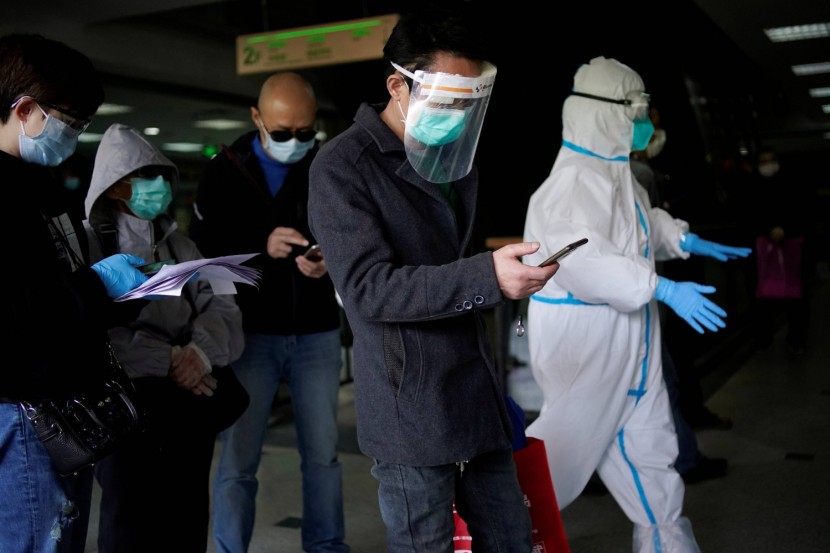
The novel coronavirus first alerted the world in December 2019, but Li Wenliang, a doctor in Wuhan China and one of the whistleblowers was punished for warning other doctors of the new SARS-like disease in a WhatsApp chat.
Li Wenliang was condemned by the Chinese police, who forced him to sign a police document admitting that he had seriously disrupted social order for spreading rumors.
In early February, Li died after catching the coronavirus disease and caused the Chinese internet to flood with anti-government messages regardless of the country's strict censorship.
Dr. Li has been officially acquitted by an investigation into his death, though some argue this did not proceed far enough as only the condemnation was withdrawn.
China's attempts to prevent news of the disease traveling has been condemned while the threat of the new coronavirus reached other countries.
Professor Steve Tsang, the expert on Chinese history and politics, said the country's government opts for secrecy by delinquency.
Tsang highlighted how there is a severe lack of transparency in Beijing which possibly contributed to the enlarging of the crisis. He also said that the Chinese Communist Party does secrecy as a matter of the course. And he thought the early stages of the lack of transparency was not the result of any particular ill-intention or conspiracy to move. He added the party does not do transparency as a normal course of action.
In addition, the Chinese political expert uttered that the party is first and foremost interested in keeping it in power and under Xi Jinping to assure that Xi Jinping is always seen to be right and never to have made any mistake. He brought out that it is not in the nature of the party to acknowledge if something goes wrong.
The professor also asserted that the country's government was distracted by the trade war negotiation with Donald Trump, president of the US, meaning Xi Jinping was reluctant to redirect his attention elsewhere. He added this is the emergence of potential threats which is a potential challenge.
Tsang articulated that it could be very important in terms of public health, but it happened at a time when Xin Jinping's focus was trying to get a deal with Donald Trump for the trade war. He verbalized that one should be an extraordinarily brave and courageous party secretary in Wuhan or Hubei Province to try and divert Xi Jinping from the trade war.
Xi would rather stay focused on the trade deal than shift his attention on something which will be a public health challenge in a faraway place, like Wuhan, which he does not normally visit. Also stating that the early stages of the cover-up happened because of the nature of the system.
The economic controversy between the US and China had been boiling for some time but has heightened when US President Trump raised tariffs and devastating trade barriers. This followed after Washington grew restless due to unfair trade methods from Beijing in 2018.
Washington protest included the theft of intellectual property, theft of trade secrets, and forced transfer of US technology to China.
After President Trump hit out in China this week, all the progress that had been made could be conquered.
Trump blamed Beijing for the lack of transparency over the true extent of the coronavirus outbreak in China.
James Crabtree, associate professor at Singapore's Lee Kuan Yew School of Public Policy, said that the relationship between the US and China is at the worst point in living memory since the Seventies. At this moment a grand exercise in blame-shifting is going on, on both sides.
© 2025 HNGN, All rights reserved. Do not reproduce without permission.








